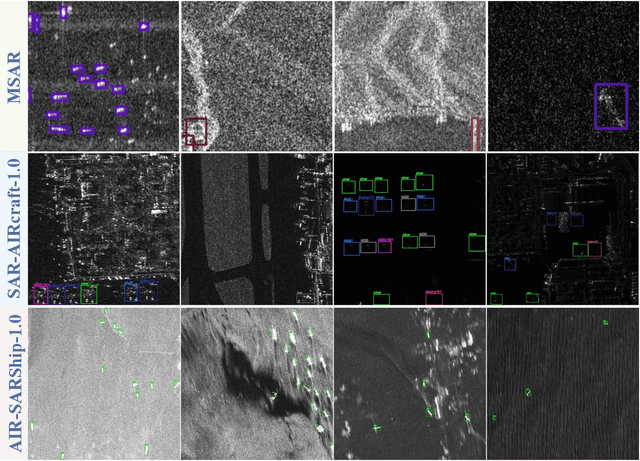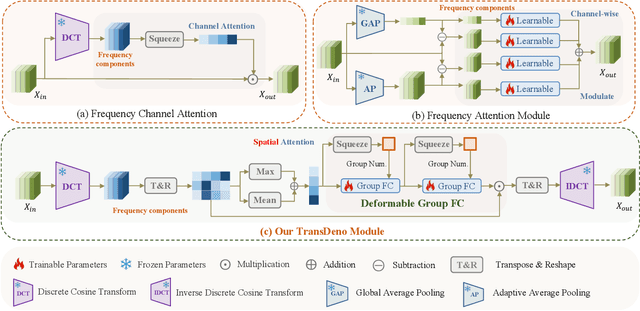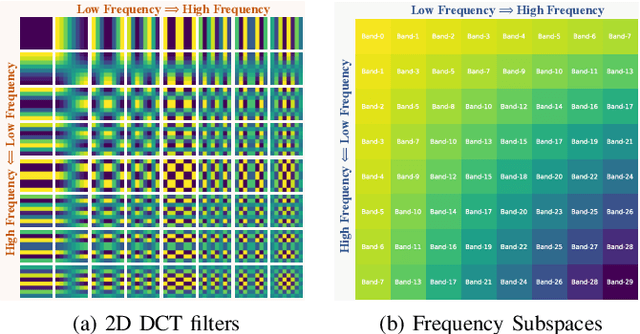Kang Ni
GrokLST: Towards High-Resolution Benchmark and Toolkit for Land Surface Temperature Downscaling
Sep 30, 2024



Abstract:Land Surface Temperature (LST) is a critical parameter for environmental studies, but obtaining high-resolution LST data remains challenging due to the spatio-temporal trade-off in satellite remote sensing. Guided LST downscaling has emerged as a solution, but current methods often neglect spatial non-stationarity and lack a open-source ecosystem for deep learning methods. To address these limitations, we propose the Modality-Conditional Large Selective Kernel (MoCoLSK) Networks, a novel architecture that dynamically fuses multi-modal data through modality-conditioned projections. MoCoLSK re-engineers our previous LSKNet to achieve a confluence of dynamic receptive field adjustment and multi-modal feature integration, leading to enhanced LST prediction accuracy. Furthermore, we establish the GrokLST project, a comprehensive open-source ecosystem featuring the GrokLST dataset, a high-resolution benchmark, and the GrokLST toolkit, an open-source PyTorch-based toolkit encapsulating MoCoLSK alongside 40+ state-of-the-art approaches. Extensive experimental results validate MoCoLSK's effectiveness in capturing complex dependencies and subtle variations within multispectral data, outperforming existing methods in LST downscaling. Our code, dataset, and toolkit are available at https://github.com/GrokCV/GrokLST.
DenoDet: Attention as Deformable Multi-Subspace Feature Denoising for Target Detection in SAR Images
Jun 05, 2024



Abstract:Synthetic Aperture Radar (SAR) target detection has long been impeded by inherent speckle noise and the prevalence of diminutive, ambiguous targets. While deep neural networks have advanced SAR target detection, their intrinsic low-frequency bias and static post-training weights falter with coherent noise and preserving subtle details across heterogeneous terrains. Motivated by traditional SAR image denoising, we propose DenoDet, a network aided by explicit frequency domain transform to calibrate convolutional biases and pay more attention to high-frequencies, forming a natural multi-scale subspace representation to detect targets from the perspective of multi-subspace denoising. We design TransDeno, a dynamic frequency domain attention module that performs as a transform domain soft thresholding operation, dynamically denoising across subspaces by preserving salient target signals and attenuating noise. To adaptively adjust the granularity of subspace processing, we also propose a deformable group fully-connected layer (DeGroFC) that dynamically varies the group conditioned on the input features. Without bells and whistles, our plug-and-play TransDeno sets state-of-the-art scores on multiple SAR target detection datasets. The code is available at https://github.com/GrokCV/GrokSAR.
 Add to Chrome
Add to Chrome Add to Firefox
Add to Firefox Add to Edge
Add to Edge